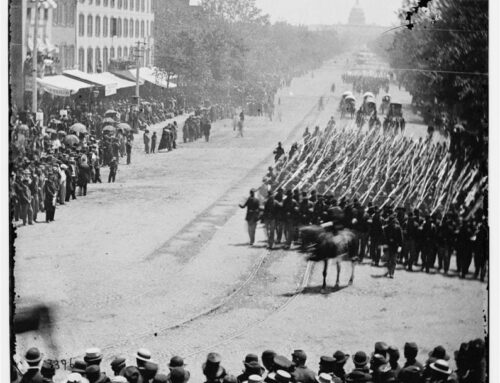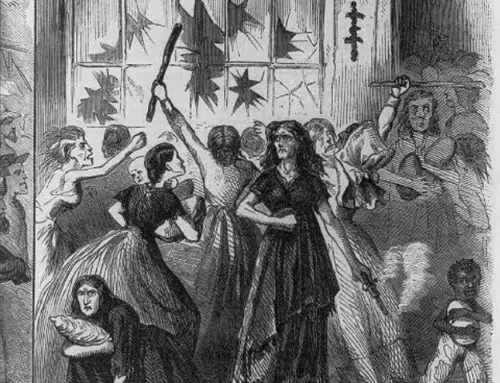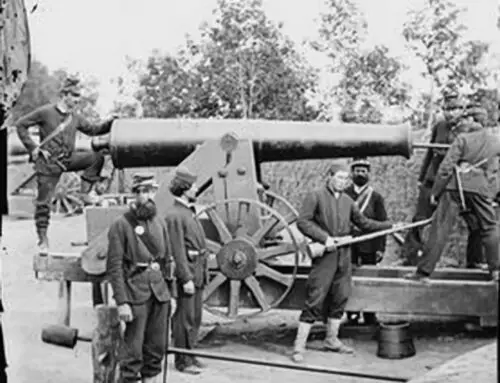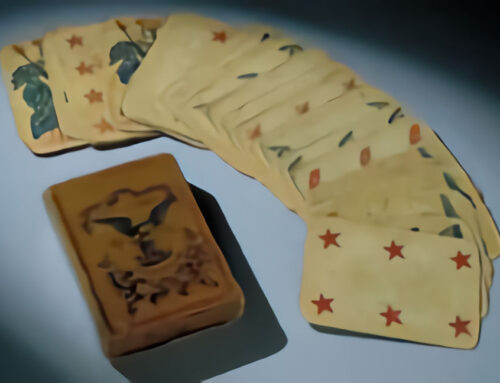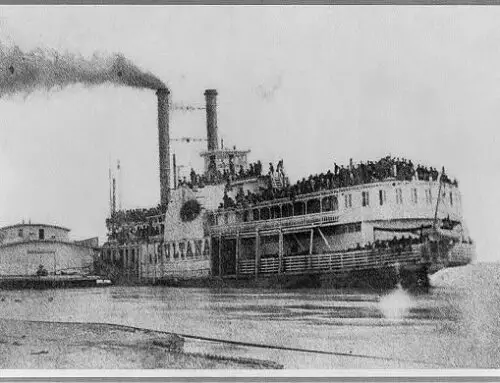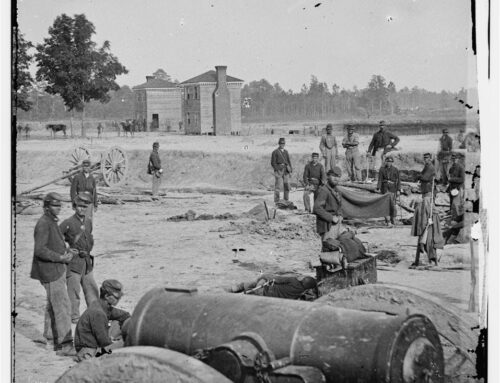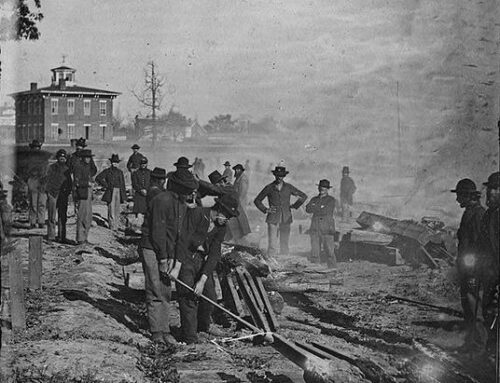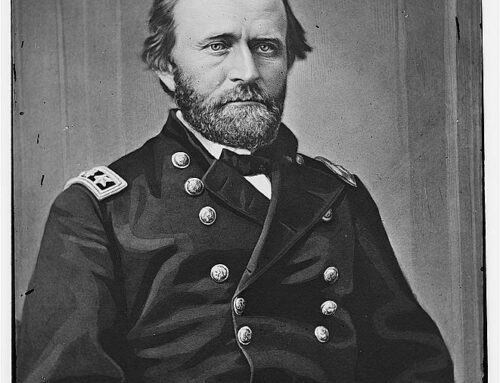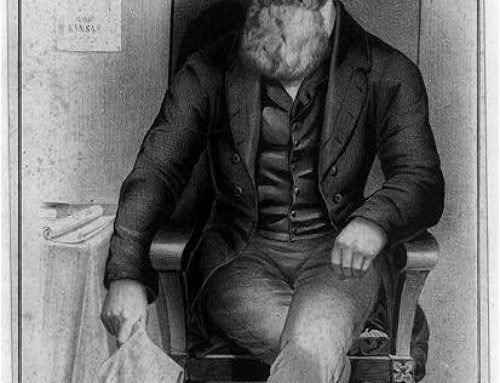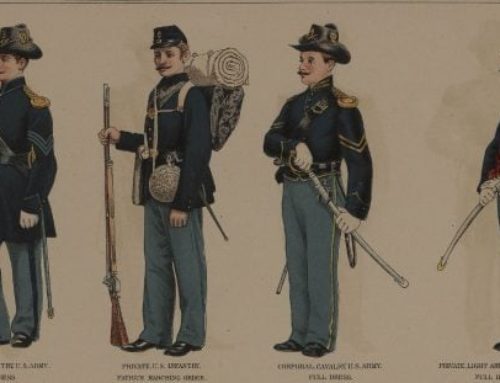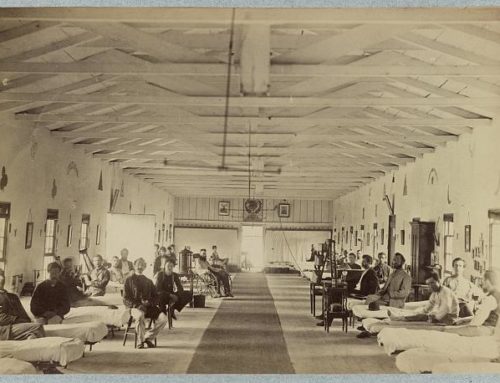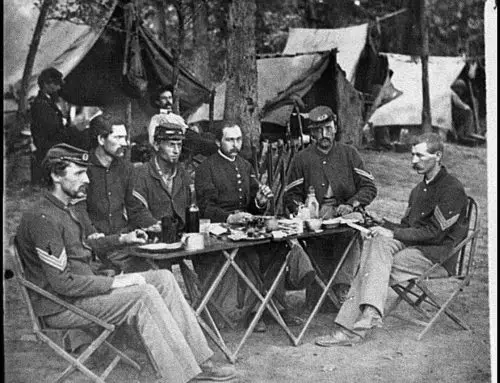(1818-1882)
Mary Todd Lincoln was a valiant woman during the Civil War. Being from the South, this led to many quarrels with her Kentucky-born husband, and public grumbling about her ethics and morals and more importantly her social grace when she arrived in Washington.
Mrs. Lincoln was caught in the wedge of the Northern prejudice of her Southern raised background and her southern prejudice of the Northern sympathizers.
The wedge would only make for more interesting literary work as Mrs. Lincoln walked a fine line between both sides. Seen as one of the brightest of the first ladies, she would go on to be quite the right hand person for President Lincoln in the Civil War.
She suffered from physical ailments and mental disorders throughout her marriage, which only exponentially increased after the assassination of her beloved husband Abraham Lincoln. During Presidents Lincoln’s life, she was often jealous of his attentions toward other women.
After President Lincoln was assassinated, she fell into a swirl of depression and physical and mental deficiencies. Her depression and mourning of her husband lasted over a month, and she was finally able to leave the house on May 22, 1865.
For the next decade and a half, she assumed the depressed role of martyr widow, and was overwhelmed by her deficiencies.
The personal tragedy of her marriage to the President sent her into tyrants of torment and shame by her own family and countrymen.
In 1868 she had enough; she set sail for Europe and stayed there for three years. Upon returning to Chicago she tried to be a normal citizen of the United States, yet was eventually committed to an insane asylum by her own son in 1875.
She won her release in 1882, went to her sister’s house in Springfield, Illinois and died in her sleep three months later. In the end she would be seen as a strong supporter of her president and wonderful beloved spouse during his life, but unfortunate death, all to the very end. Mary Todd Lincoln started her life in a rural town and ended up in the White House as the First lady of the United States of America. Suffice to say that her life was a victoriously celebrated one that ended badly.



